Disclosure: This article contains affiliate links. We may earn a commission from purchases at no extra cost to you, which helps our travel content.
At 62, I've learned that the most valuable travel experiences rarely come with a premium price tag. My recent autumn sojourn to Liberta, a modest village nestled in Antigua's southern hills, confirmed this wisdom yet again. After three decades scrutinizing municipal budgets, I've developed a knack for uncovering value—whether in city planning or travel experiences. Liberta isn't featured in glossy brochures or luxury travel itineraries, and that's precisely its charm. This unassuming community of roughly 2,500 residents offered me an unfiltered glimpse into authentic Antiguan life that no resort experience could match. With my trusty weathered notebook (the same kind I used for budget analyses in my previous life) and a modest weekly budget of $400, I navigated Liberta's vibrant streets, markets, and homes—charting a course through cultural waters as rich and complex as the marine ecosystems I've explored in my underwater adventures across Southeast Asia.
Finding Authentic Accommodation in Liberta
Securing lodging in Liberta requires abandoning the convenience of online booking platforms and embracing the old-fashioned approach of personal connections. After extensive research and email exchanges with the local community center, I arranged a homestay with Ms. Elfreda, a 73-year-old retired schoolteacher whose modest concrete home sits on a hillside overlooking the village center.
At $35 per night including breakfast, this arrangement wasn't just economical—it was the cornerstone of my cultural immersion. Ms. Elfreda's spare bedroom was simple but immaculately maintained, with louvered windows that caught the hillside breeze, eliminating any need for air conditioning. Each morning began with her homemade bush tea, often accompanied by traditional Antiguan breakfast items like saltfish and chop-up (a mixture of spinach, eggplant, and okra).
What no luxury hotel could provide was the wealth of local knowledge and connections that came with this arrangement. Through Ms. Elfreda, I was introduced to her extended family network, invited to a church service where I was the only visitor, and given detailed instructions on navigating local transportation.
Before settling in, I made sure to have a good supply of Eastern Caribbean dollars and a reliable travel water bottle that saved me countless dollars while keeping plastic waste to a minimum. The tap water in Liberta isn't recommended for visitors, and this bottle's built-in filter proved invaluable throughout my stay.
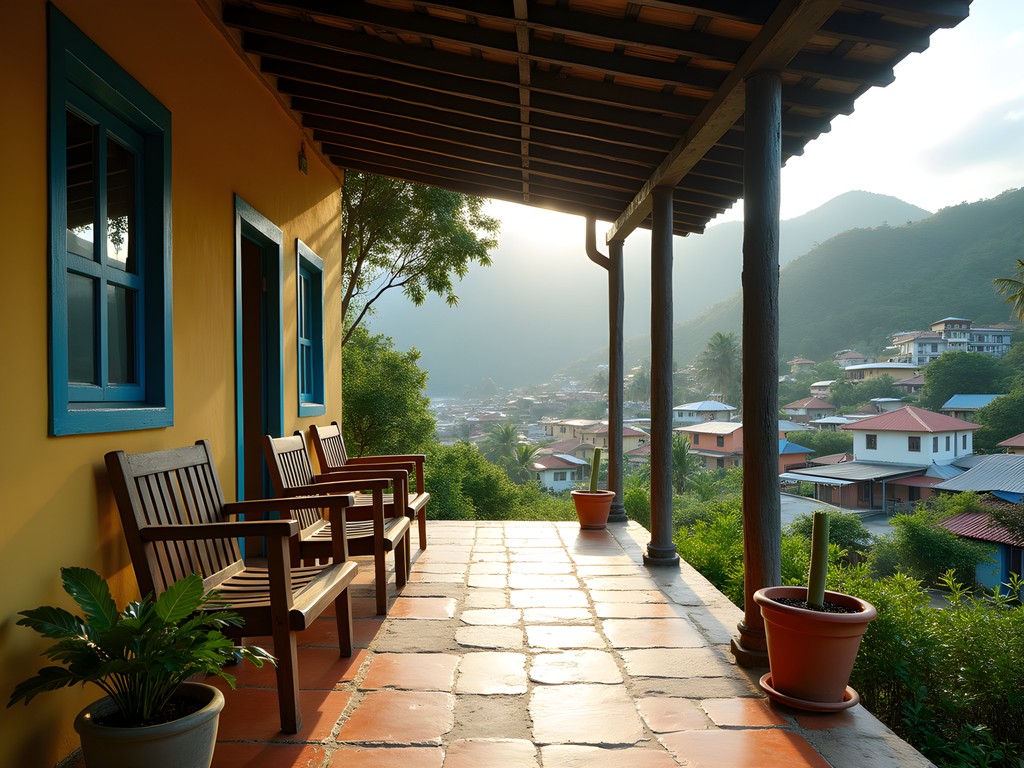
💡 Pro Tips
- Email the Liberta Community Centre at least two months in advance to inquire about homestay opportunities
- Bring a small gift from your home country for your host family—I brought specialty coffee from Japan which was greatly appreciated
- Request a room with good natural ventilation, as few local homes have air conditioning
Navigating the Village Economy
The heartbeat of Liberta's economy pulses strongest on Saturday mornings when the village market transforms the main road into a vibrant tableau of commerce. Unlike the sanitized shopping experiences curated for tourists elsewhere on the island, this market operates primarily for locals—prices reflect actual economic conditions rather than visitor expectations.
I arrived at 6:30 AM, following Ms. Elfreda's advice, to witness vendors arranging their goods in the golden morning light. Armed with a woven market bag purchased for $4 from a roadside vendor (a better investment than any souvenir), I navigated the stalls with the same methodical approach I once applied to municipal budget reports.
The financial analyst in me couldn't help but compare: a pound of fresh mangoes cost $1.50 here versus $8 at the resort markets near St. John's. Local fishermen sold their morning catch directly to consumers, eliminating middlemen and keeping prices reasonable. For approximately $25, I purchased enough provisions to contribute to household meals for several days—a gesture that Ms. Elfreda appreciated and that deepened my integration into her home.
Beyond the market, Liberta's small rum shops and village eateries offered exceptional value. At Auntie Pearl's kitchen, a modest establishment with three plastic tables near the cricket grounds, $7 secured a hearty plate of curry goat, rice and peas, and fresh vegetables—easily the equal of meals costing five times as much at coastal establishments.
To track my expenses efficiently, I relied on my travel wallet which kept my cash, cards, and small notebook organized and secure. When you're moving between market stalls with local currency, having a discreet, hands-free solution proves invaluable.
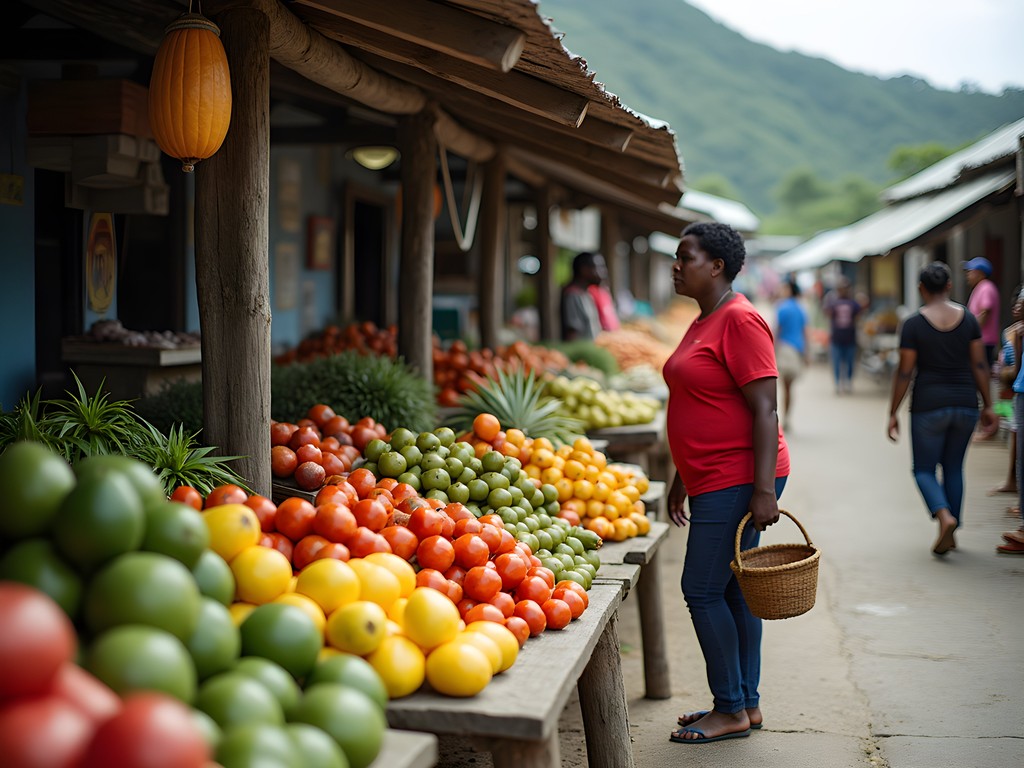
💡 Pro Tips
- Visit the market early (before 7 AM) for the freshest produce and seafood
- Bring small denominations of Eastern Caribbean dollars—vendors rarely have change for large bills
- Ask permission before photographing market vendors or their goods
Community Integration Through Shared Activities
The analytical mind seeks patterns, and in Liberta, I quickly identified the community rhythms that would allow me to move beyond tourist status. The village operates on a social calendar centered around three primary gathering points: the cricket grounds, the Methodist church, and the community center.
My first breakthrough came through cricket—a sport I barely understood before arriving. Each Sunday afternoon, an informal match draws players and spectators from across the village. After observing from the sidelines for two weekends, I was invited to join—not as a player (my baseball-trained swing was deemed hopeless), but as a scorekeeper. This simple role provided a legitimate place in the community tableau and opened conversations that would have been impossible otherwise.
The Liberta Community Centre hosts various weekly activities, from dominoes tournaments (fiercely competitive affairs where I lost spectacularly but gained respect for participating) to community meetings. For a $5 donation, I attended a workshop on traditional Antiguan cooking techniques, where I learned to prepare fungi (a cornmeal-based side dish similar to polenta) and pepper pot, a hearty stew with roots in indigenous cuisine.
Religious services, whether or not you share the faith, offer another avenue for community connection. The Sunday morning service at Liberta Methodist Church welcomed me warmly, and the two-hour ceremony provided insights into community values, concerns, and celebrations that no guidebook could capture.
For these community activities, I found my quick-dry travel pants to be perfect—respectful enough for church yet practical for cricket grounds and cooking classes. Their hidden zippered pocket kept my small valuables secure while leaving my hands free to engage in community activities.
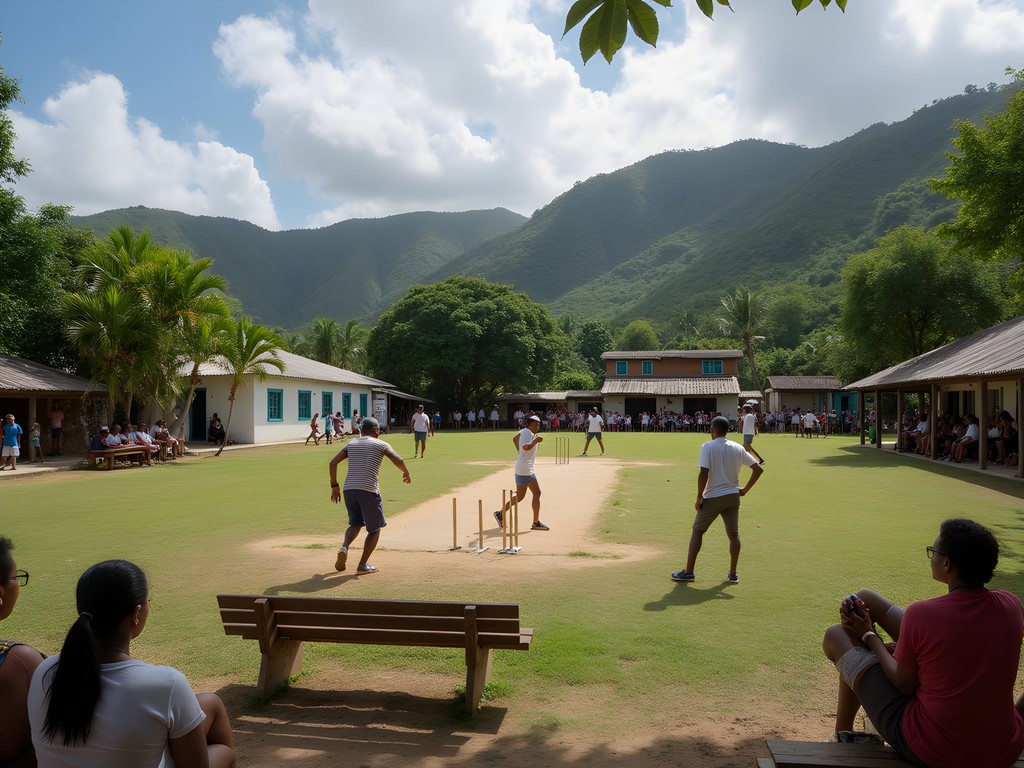
💡 Pro Tips
- Attend at least one religious service, even if you're not religious—it's a window into community values
- Learn basic cricket rules before visiting to facilitate conversations with locals
- Offer to help with community activities rather than just observe them
Cultural Exchange Through Food and Stories
In my travels across four continents, I've found that shared meals create the shortest distance between cultural understanding. Liberta proved this theory correct once again. Rather than simply consuming local cuisine as a tourist, I sought opportunities to participate in its creation and context.
Ms. Elfreda introduced me to her sister-in-law, Veronica, who operates an informal cooking class from her home kitchen. For three afternoons ($15 per session), I joined two local women and Veronica in preparing traditional Antiguan dishes. We moved beyond the tourist-friendly versions of these recipes to create authentic ducana (sweet potato dumplings wrapped in banana leaves), salt fish fritters, and goat water (a hearty stew that predates European colonization).
The kitchen became a natural setting for stories that revealed Liberta's complex history. As we chopped vegetables and kneaded dough, Veronica shared narratives passed through generations—tales of the village's founding by formerly enslaved people after emancipation in 1834, the community's struggles during economic downturns, and the evolving relationship between traditional village life and the growing tourism industry on the coast.
These cooking sessions yielded more than culinary skills. They provided a framework for understanding how Antigua's complex history of colonization, slavery, and independence manifests in daily village life. The recipes themselves told stories of cultural resilience, adaptation, and creativity under constraint.
I documented these recipes and stories in my weatherproof travel journal, which proved invaluable during cooking sessions where spills and splashes were inevitable. This durable notebook has accompanied me through diving expeditions and rainy highway journeys, but recording these culinary traditions may be its most valuable use yet.
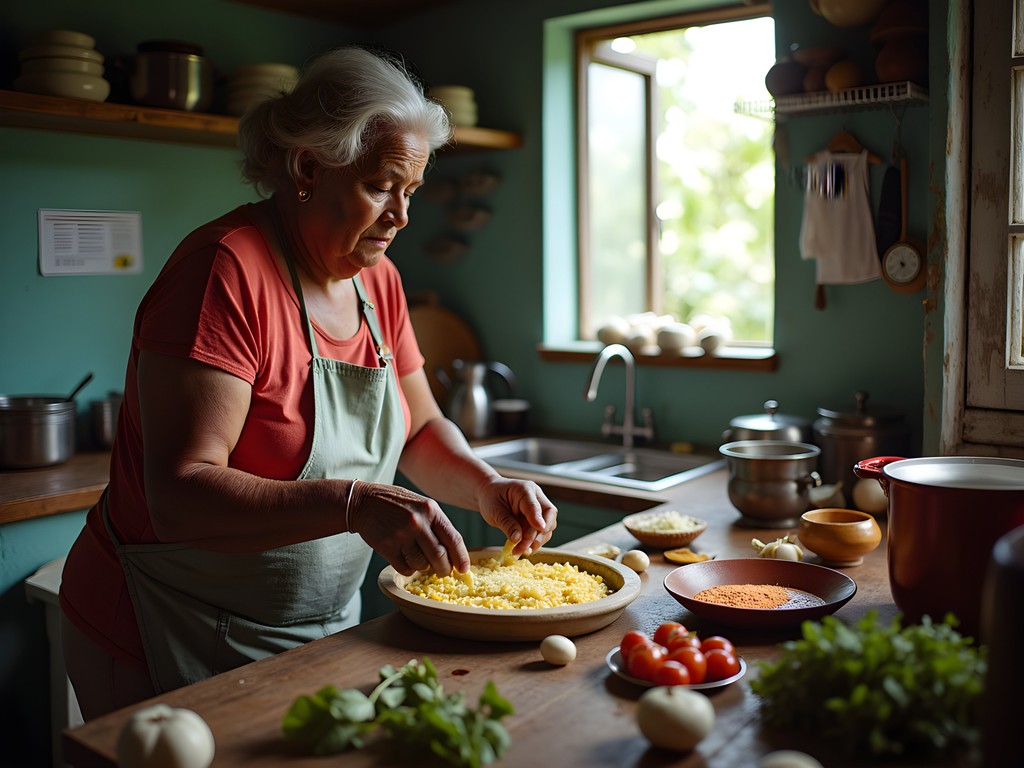
💡 Pro Tips
- Ask about ingredients before committing to cooking classes if you have dietary restrictions
- Bring small denomination bills to pay for informal cooking lessons
- Request permission before writing down family recipes—some may be considered proprietary
Venturing Beyond the Village
While Liberta itself offers rich cultural immersion, understanding its context requires strategic excursions to surrounding areas. Rather than hiring taxis or joining tour groups, I navigated the local transportation network—a system of informal minibuses that connect villages across the island.
The #17 bus (really a 15-passenger van) connects Liberta to St. John's, the capital city, for $2.50 each way. These buses depart when full rather than on a fixed schedule, offering an authentic glimpse into local transportation rhythms. Fellow passengers quickly recognized me as the village's temporary resident, leading to conversations that provided context for understanding Liberta's place within broader Antiguan society.
A particularly valuable excursion was to the former Betty's Hope sugar plantation, now an open-air museum. The $5 entrance fee grants access to restored sugar mills and exhibits documenting the plantation economy that shaped Antigua's history. Understanding this historical context illuminated many aspects of contemporary village life in Liberta, which was established as a free settlement after emancipation.
Another worthwhile journey was to Wallings Nature Reserve, just a 30-minute walk from Liberta's center. This community-managed forest reserve charges $10 for guided hikes, with proceeds supporting local conservation efforts. My guide, Marcus, combined botanical knowledge with personal stories of growing up in Liberta, creating a narrative thread between the natural environment and cultural practices.
For these excursions, my compact binoculars proved invaluable. Lightweight enough to carry all day, they allowed me to observe details at Betty's Hope and spot native birds at Wallings that would have otherwise remained distant specks. They've accompanied me from highway journeys across America to marine mammal watching in Southeast Asia, and continue to enhance my travel experiences in unexpected ways.
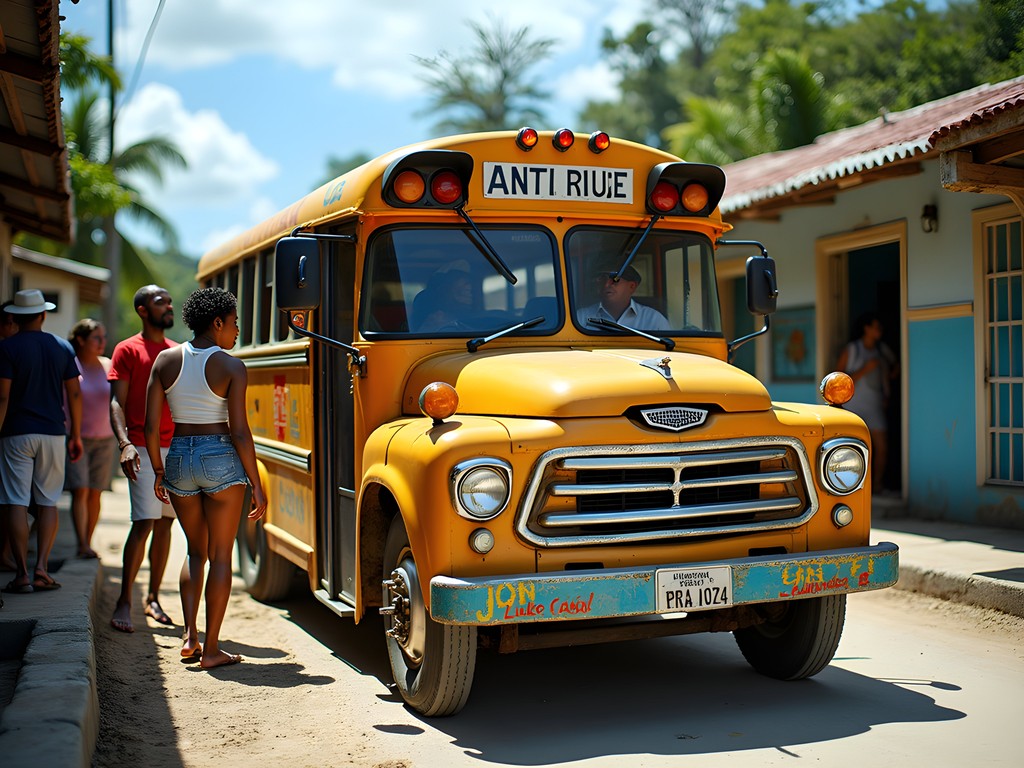
💡 Pro Tips
- Board local buses early in the morning to avoid long waits for vehicles to fill
- Ask your host about bus hand signals—different destinations require different gestures
- Bring exact change for bus fares as drivers rarely provide change for large bills
Final Thoughts
As I packed my modest belongings on my final morning in Liberta, Ms. Elfreda presented me with a small jar of her homemade mango chutney—a parting gift that embodied the essence of my week in this remarkable community. The true value of this Antiguan sojourn cannot be calculated in the ledger books I once maintained as a budget analyst. Instead, it's measured in the authentic connections formed, the cultural understanding deepened, and the personal growth achieved. For approximately $400 (excluding flights), I experienced an Antigua that remains invisible to those confined to resort properties and curated excursions. Whether you're a solo traveler seeking cultural authenticity or simply someone who believes that understanding a place requires more than observing it through a tour bus window, Liberta offers a rich alternative to conventional Caribbean tourism. The village asks only that you arrive with respect, patience, and genuine curiosity—the same qualities that serve us well whether navigating foreign cultures or simply living more meaningfully in our own.
✨ Key Takeaways
- Authentic cultural immersion in Antigua costs significantly less than resort-based tourism while providing deeper connections
- Local transportation, community activities, and homestays provide the most direct path to genuine cultural understanding
- Participating in daily village life—from markets to cooking to community events—creates meaningful connections impossible to achieve as a passive observer
- Respectful curiosity and willingness to adapt to local customs opens doors that remain closed to conventional tourists
📋 Practical Information
Best Time to Visit
October-November (after hurricane season, before peak tourist influx)
Budget Estimate
$400-500 for one week excluding flights
Recommended Duration
Minimum 5 days, ideally 7-10 days
Difficulty Level
Beginner
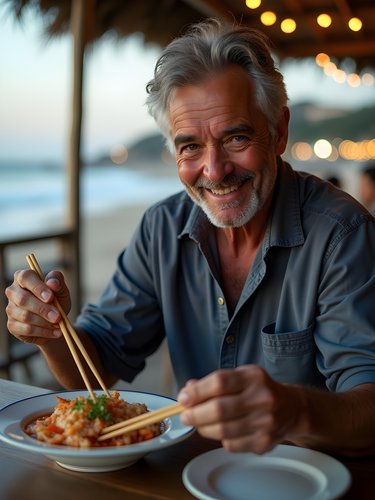
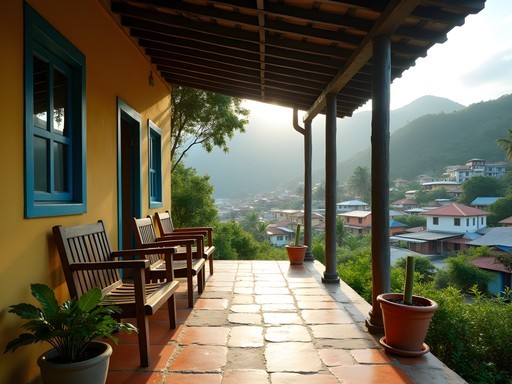
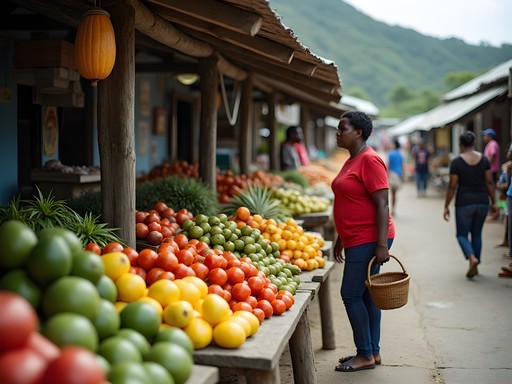
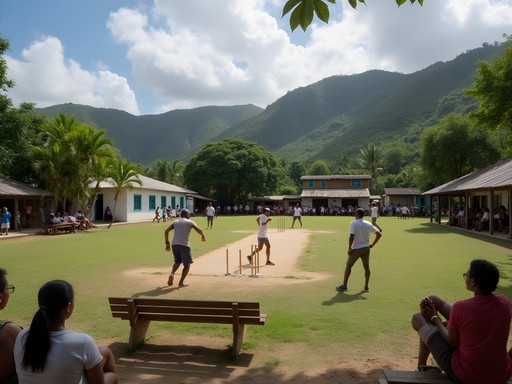
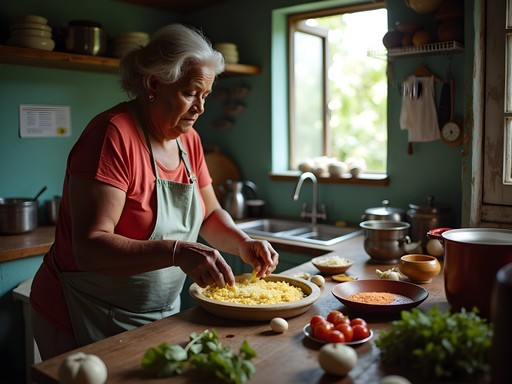
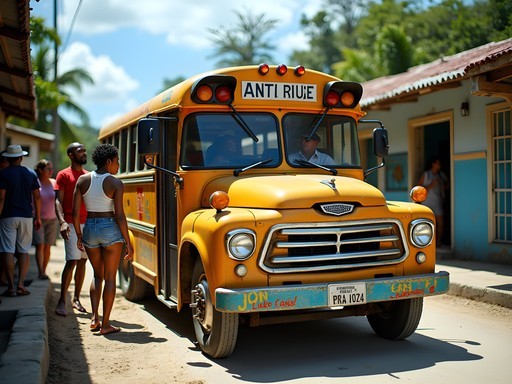


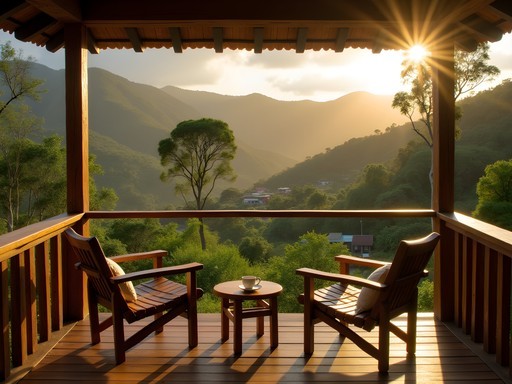
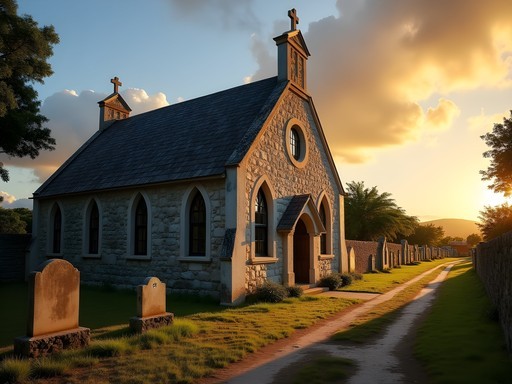
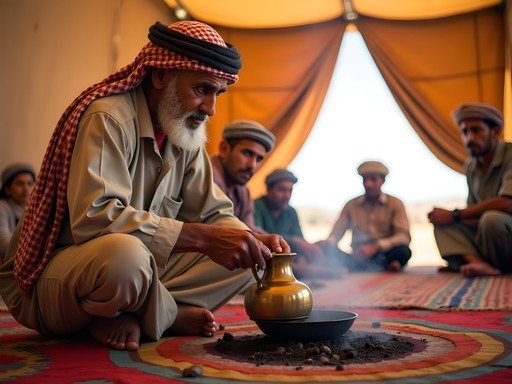
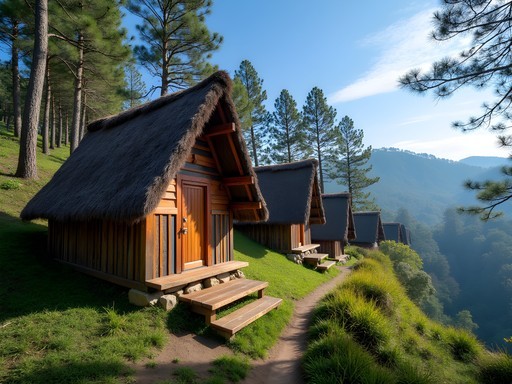
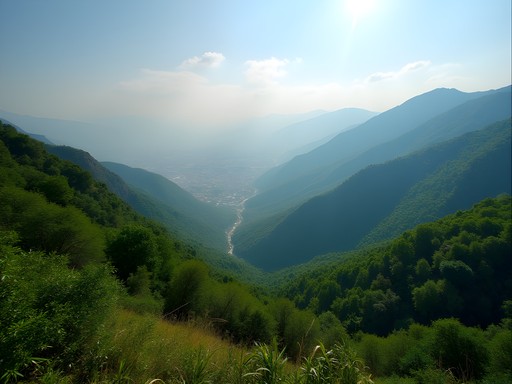

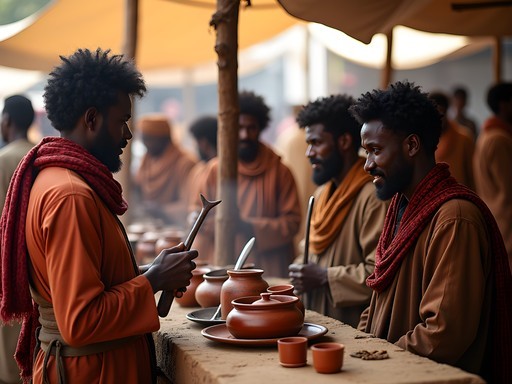
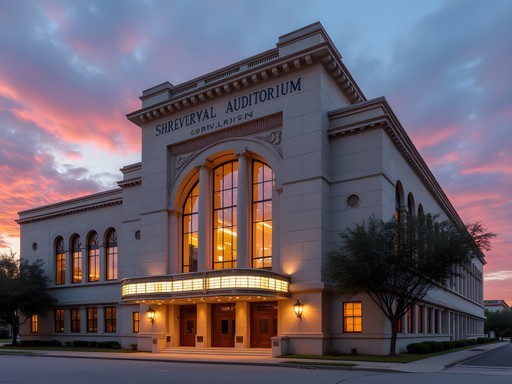
Comments
skywanderer
The photos of Liberta are gorgeous! So much greener than I expected!
roampro
Just got back from Antigua and spent three days in Liberta after reading this post! THANK YOU for the inspiration! We stayed with a family near the central square and had the most amazing time. The Saturday market was incredible - so many fruits I'd never even heard of! We helped our host family harvest cassava on their small plot and learned to make traditional fungi (pronounced foon-ji). Such a different experience from our friends who never left their resort. The local rum shop was where all the real conversations happened!
skywanderer
This sounds amazing! Did you need to rent a car to get around or was public transport enough?
roampro
We used the local buses mostly! Super cheap and frequent during the day. Our host family also introduced us to a neighbor with a taxi for one day trip to some beaches. No rental car needed!
Nicole Russell
John, your post couldn't have come at a better time! I'm heading to Antigua next month and have been debating between the typical resort experience or something more authentic. You've convinced me to spend at least part of my trip in a place like Liberta! I love how you emphasized the mutual respect aspect of cultural immersion. I've found that bringing a pocket phrasebook makes such a difference - even just attempting a few local phrases opens so many doors. Did you find English was widely spoken in Liberta or did you navigate any language barriers?
John Hart
You'll have a wonderful time, Nicole! English is the official language in Antigua, so communication wasn't an issue. However, locals do speak with a distinct Antiguan Creole accent and vocabulary that takes a day or two to tune your ear to. Worth the effort to learn a few local expressions though!
backpackzone
That mango chutney sounds amazing! Food gifts are the best souvenirs.
roamwalker
I'm planning a trip to Antigua and really want to experience Liberta like this. How did you find your homestay with Ms. Elfreda? Was it through a specific website or just by asking around when you got there? Also wondering about safety as a first-time solo traveler.
John Hart
I connected with Ms. Elfreda through the Antigua Community Tourism Association. They have a simple website with local homestay options. Felt completely safe the entire time - Liberta is small and everyone looks out for visitors. Just use the same common sense you would anywhere.
roamwalker
Thanks so much! That's really helpful. I'll check out that association's website.
Frank Carter
John, your experience in Liberta reminds me so much of my stay in a small village outside St. John's last year. There's something magical about stepping away from the resort bubble. I found that bringing small photos of my hometown to share with locals was an incredible conversation starter. Ms. Elfreda's mango chutney sounds divine - I was gifted homemade hot sauce that I'm still rationing a year later! Did you find the local bus system easy to navigate? I remember getting wonderfully lost and ending up at an impromptu dominoes tournament with some retired fishermen.
John Hart
The photo idea is brilliant, Frank! Wish I'd thought of that. And yes, the buses were an adventure - colorful, crowded, and the best way to hear local gossip. Got invited to a cricket match that way!
roamwalker
I'm taking notes on this photo idea for my trip next month. Such a simple but thoughtful way to connect!
redbackpacker
This is exactly the kind of travel I love! Authentic and meaningful. Thanks for sharing!
smartking
We did the public transportation thing in Liberta too! Those minibuses are an adventure in themselves. Pro tip for anyone going: learn a few Antiguan phrases before you go. Just saying "wappen" (what's happening) as a greeting got us so many smiles and opened doors. The Sunday afternoon dominoes at the corner shop was our favorite memory - got absolutely destroyed by the locals but had the best time!
sunsetmaster
Going to Antigua next month! How did you find your homestay? Was it through a website or just asking around when you got there?
John Hart
I actually found it through the Antigua Community Tourism Association. They have a small office in St. John's where they can connect you with vetted homestay hosts. Much more reliable than just showing up, and the money goes directly to local families!
sunsetmaster
Thanks so much! Will definitely check them out!
Amit Sullivan
John, your experience in Liberta reminds me of my stay in a small village outside St. John's last year. Like you, I found that sitting at the local rum shop each evening opened more doors than any guided tour could. The fishermen taught me how to play warri (that ancient board game) while sharing stories about the changing island. Did you notice how the elders in Liberta serve as the community's memory keepers? I found my pocket journal became filled with recipes and local phrases that I still treasure. Your approach to slow travel at 62 mirrors my own philosophy at 57 - we're not just passing through, we're participating in these communities.
John Hart
Amit, you've captured it perfectly. Those rum shop conversations were indeed golden! And yes, the elders - particularly Ms. Elfreda and Mr. Clarence - were walking encyclopedias of local history. I didn't try warri though - sounds like I missed out!
Venture X
Premium card with 2X miles, $300 travel credit, Priority Pass